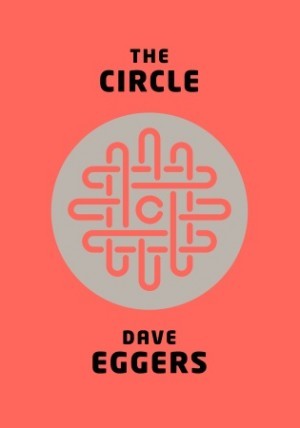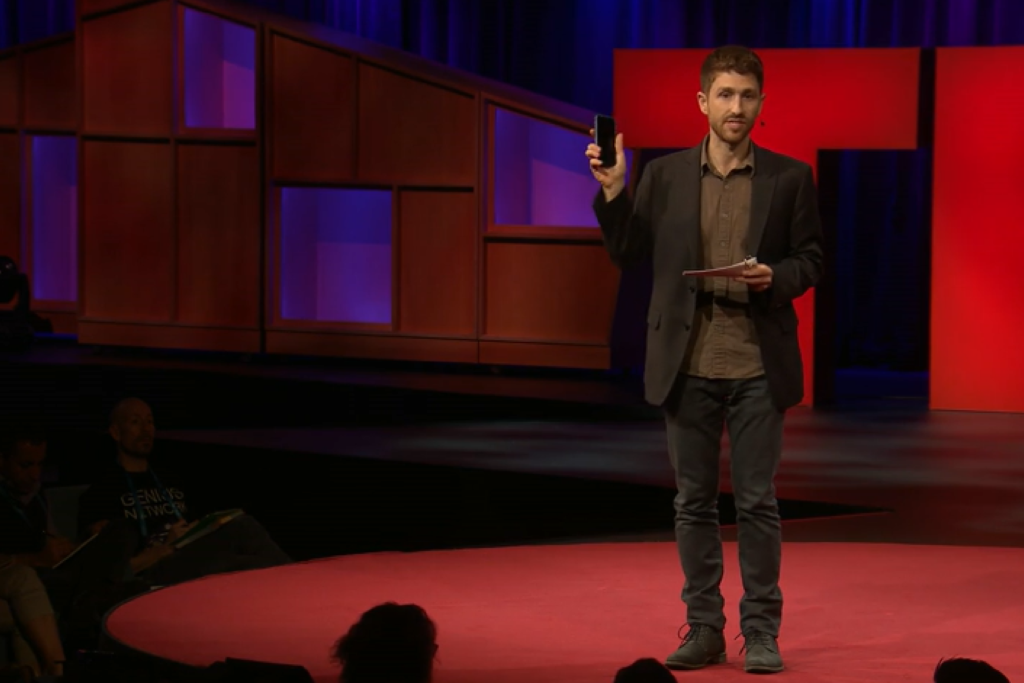“How do you ethically steer people’s thoughts?” Can you?
“There’s a hidden goal driving the direction of all the technology that we make, and that goal is the race for our attention.”
Tristan Harris
I harbor a decent amount of animosity towards social media platforms. This animosity stems from witnessing and experiencing addiction to social media develop in both the people around me and in myself.
I felt a bit of outrage watching Tristan Harris’s TED talk, “How a handful of tech companies control billions of minds every day,” and further recognizing that addiction to social media is intentionally engineered by the companies behind the platforms.
A friend of mine works as a Curriculum Designer for Google. He regularly expresses his frustration with the courses he creates for Google, frequently using the term, “glorified marketing.” You’d hope that a Curriculum Designer would be designing experiences that have the goal of imparting knowledge to their learner, but in reality, he says most of his work is essentially advertising products and trying to convince the learner to use the products advertised.
Marketing seems to be at the heart of every industry. Has it always been this way? How do we change this?
Tristan Harris proposes three radical changes to technology and our society:
- We need to acknowledge that we are persuadable. We need to understand that our mind can be scheduled in ways we didn’t choose to be self aware in order to protect against the way that happens.
- We need new models and accountability systems. Ted Harris says, “The only form of ethical persuasion that exists is when the goals of the persuader are aligned with the goals of the persuadee.”
- We need to design renaissance. Protecting against the timelines that we don’t want to be experiencing and empowering us to live out the timeline that we want.
While I agree with these three radical changes, and I think they could be applied to elections and campaign reform, I question the how. How will we do these things? I’m a bit of a pessimist when it comes to radical social change. If the fight is for our attention, who is the “we” that will truly have the power to create these radical changes?
Here is a radical idea of how we could harness the power of technology to design a renaissance to direct our attentions where we truly want them directed: Imagine an Artificial Intelligence beholden only to you, whose responsibilities included monitoring your habits, recognizing your intentions and diverting the efforts of technologies that are not in line with your intentions.
Do you have any radical ideas that could facilitate Travis Harris’s radical changes?

Interested in diving into a dystopian future ruled by social media?
Check out “The Circle,” by Dave Eggers


Awesome post! Keep up the great work! 🙂